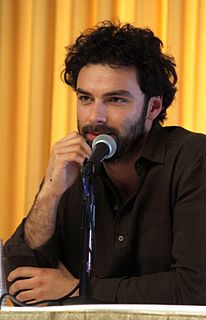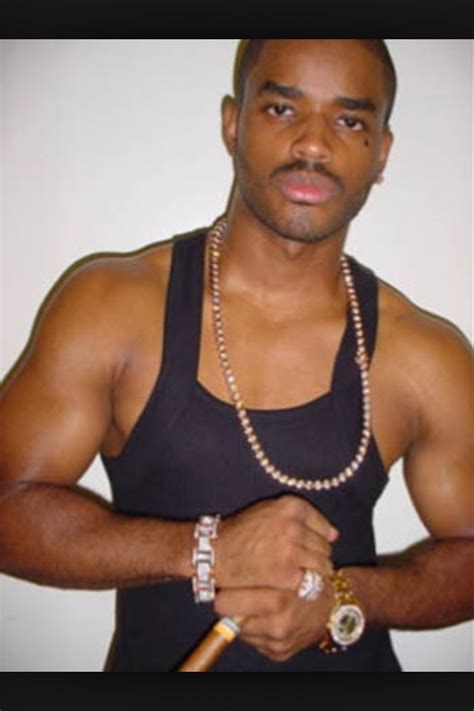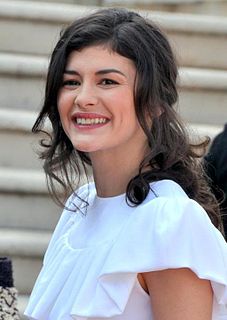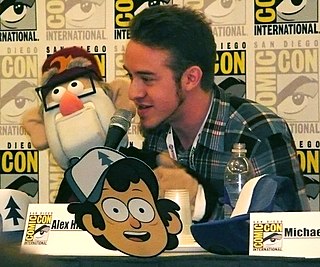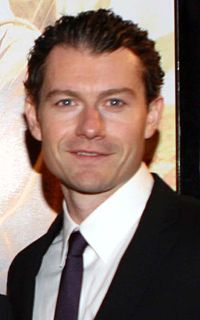A Quote by John C. Reilly
I end up improvising in almost everything to some degree, 'cause it's often necessary on movies. The script is one thing, and it's this kind of theory of what you're going to do, and then you get there on the day and you realize, "Oh, the script is not appropriate to this room, the door's over here."
Related Quotes
All directors make films in individual ways. But the classical kind of view of filmmaking is that you have a script, and it's very linear. There's a script, then you're going to shoot the script ,and then you cut that, and then that's the end of the film. And that's never really been how I've seen it.
Some actors might just do one thing, and another actor does another thing. I do an awful lot of preparation with the script, really. What I do is repeat the script, over and over and over again. Through that, it's almost like it seeps into my enamel. I'm reading all the characters, as well as my own. That is where the bulk of my preparation goes into.
Certain movies like 'Wag The Dog,' we used improv on every scene that we did. Pretty much, we would shoot from the script and then some stuff that we came up with in rehearsal, and then we'd have at least one or two takes where we completely went off the script and just flew by the seat of our pants.
It's good to have some kind of California in there. It's almost always appropriate. It's appropriate on a sunny day or late at night. If you grew up on the Grateful Dead, which I certainly did, you listened to 10 million bootlegs. But you realize that American Beauty has some really tight, well-arranged songs that aren't meandering.
Every time I do a movie, I'm reading the script, or if it's something I have coming up, I'm reading the script, and I just spend hours and hours and days and weeks and months going over the script and just writing a lot of different ideas down, finding a little dialogue or just coming up with ideas for scenes and moments and all that kind of stuff.
Sometimes during a show or a film, while you're shooting it, you'll think, "This is great, it's going to be fantastic, the script is incredible, and the actors are great, and everything is working out brilliantly." And then you see it, and you kind of go, "Oh god, it's not as good as I thought it was," and it doesn't get an audience to watch it. It only does a couple of festivals and then dies and whatever.
As we were negotiating, I didn't have a script. Once the deal is closed, they let you read the script. So, I got the script and was reading it like, "Oh, please be good!," because I'd already signed on the dotted line. And I read it and just went, "Okay, I'm going to be okay. Thank god!" It was a really funny, moving story.
I got the script for 'Real Steel.' I started reading and saw that it was about robot boxing, and I was immediately turned off. It's not my thing. But I continued on, and by the time I got to the end of the script, I had chicken skin and tears in my eyes. I thought, 'Man, we don't make movies like this anymore.'
I think you have to ask yourself, what is the point of the script? What is the script selling? Because all scripts are political, every story is political. It either challenges or reinforces some schism or stereotype. So what is the project going to say at the end of the day? What does it tell you about the world, or what does it challenge in terms of your world?
The way I pick movies is, first, if the script is any good. Then, if the script is good, who else is in it, the director, the producer, all that. If you have all that, there's a chance the movie will be great. If the script isn't right, or the director or cast isn't right, you've got no shot in hell.






